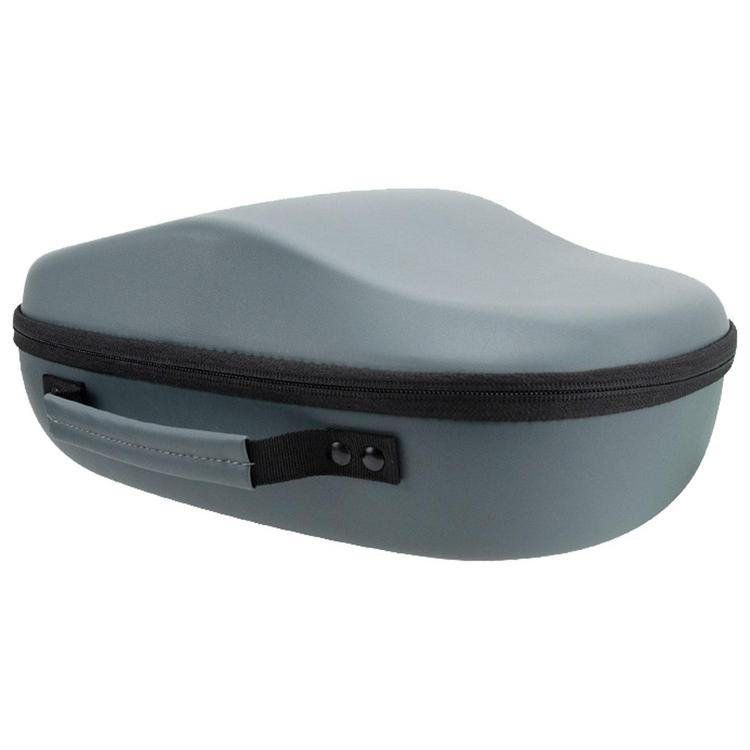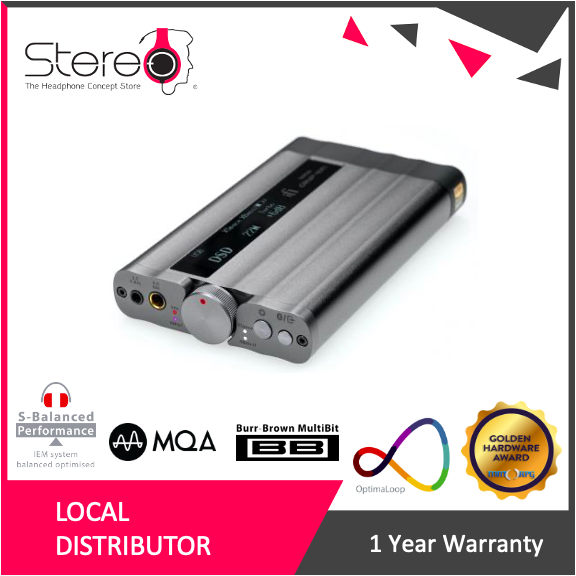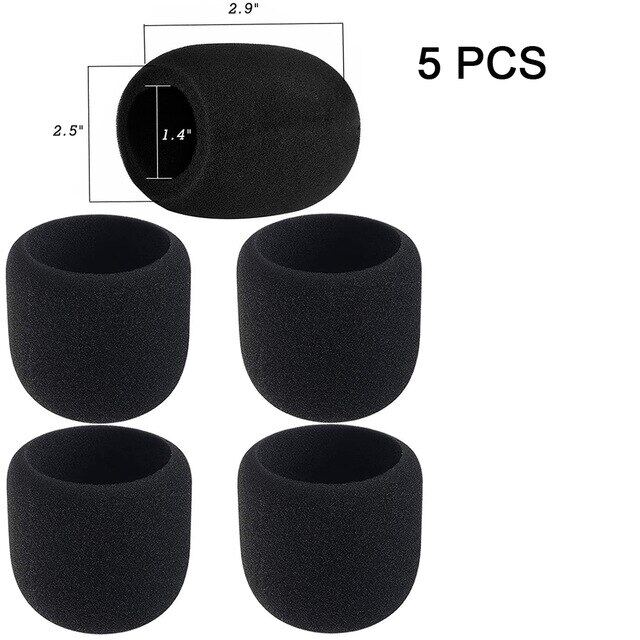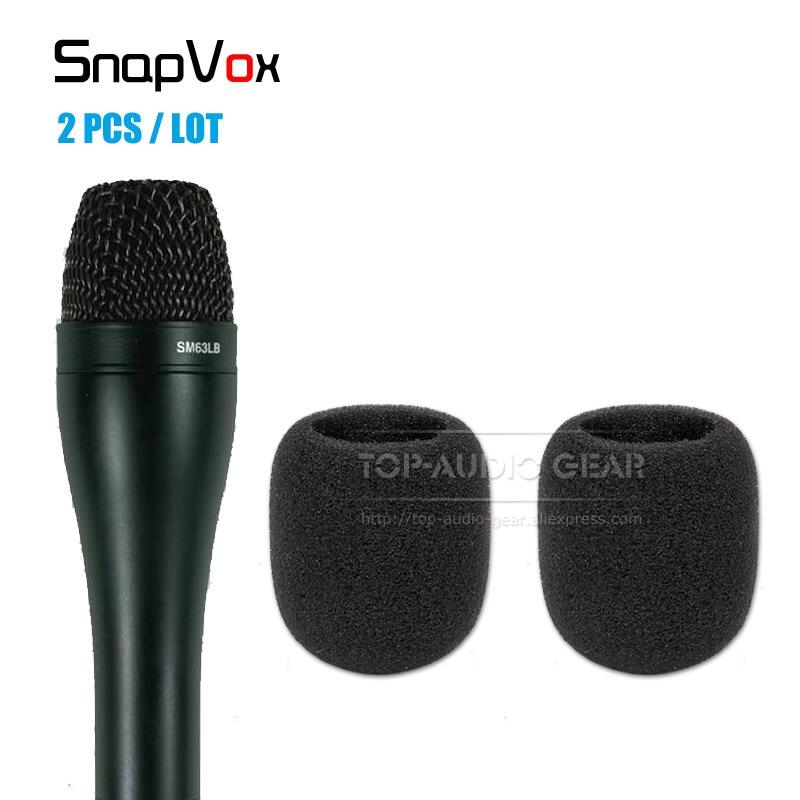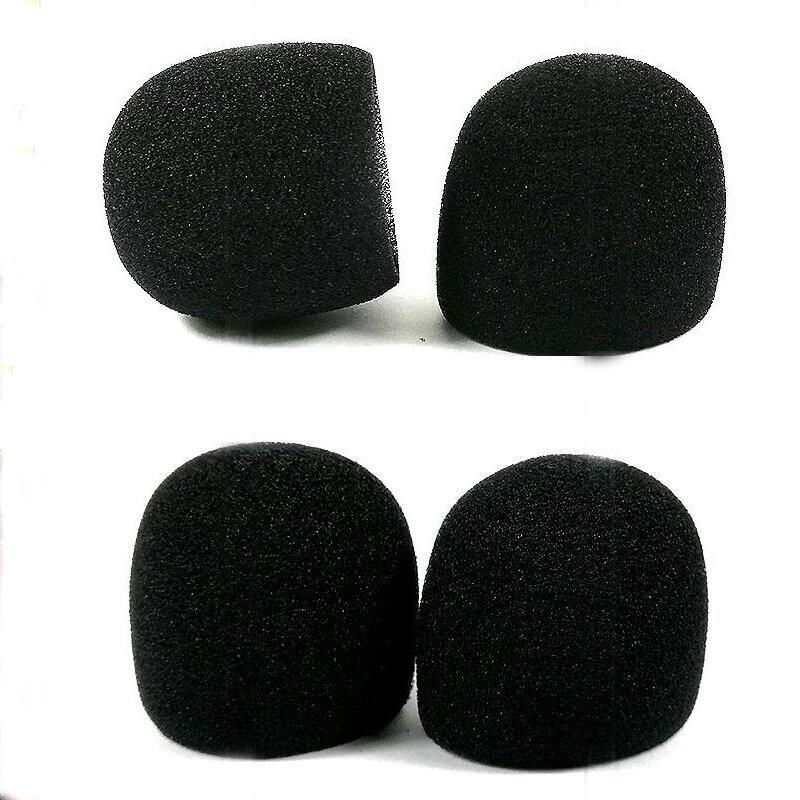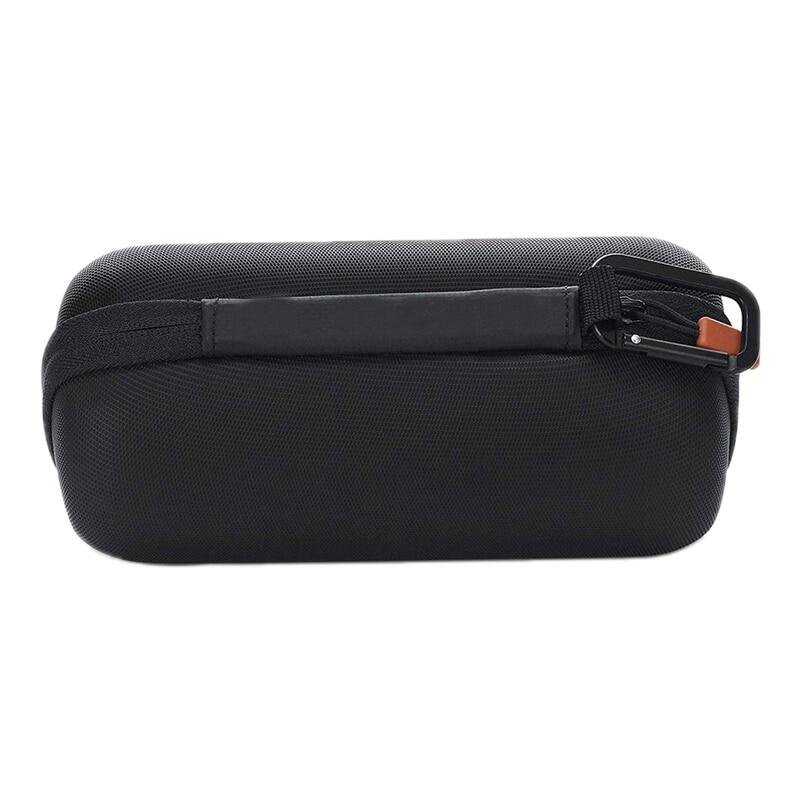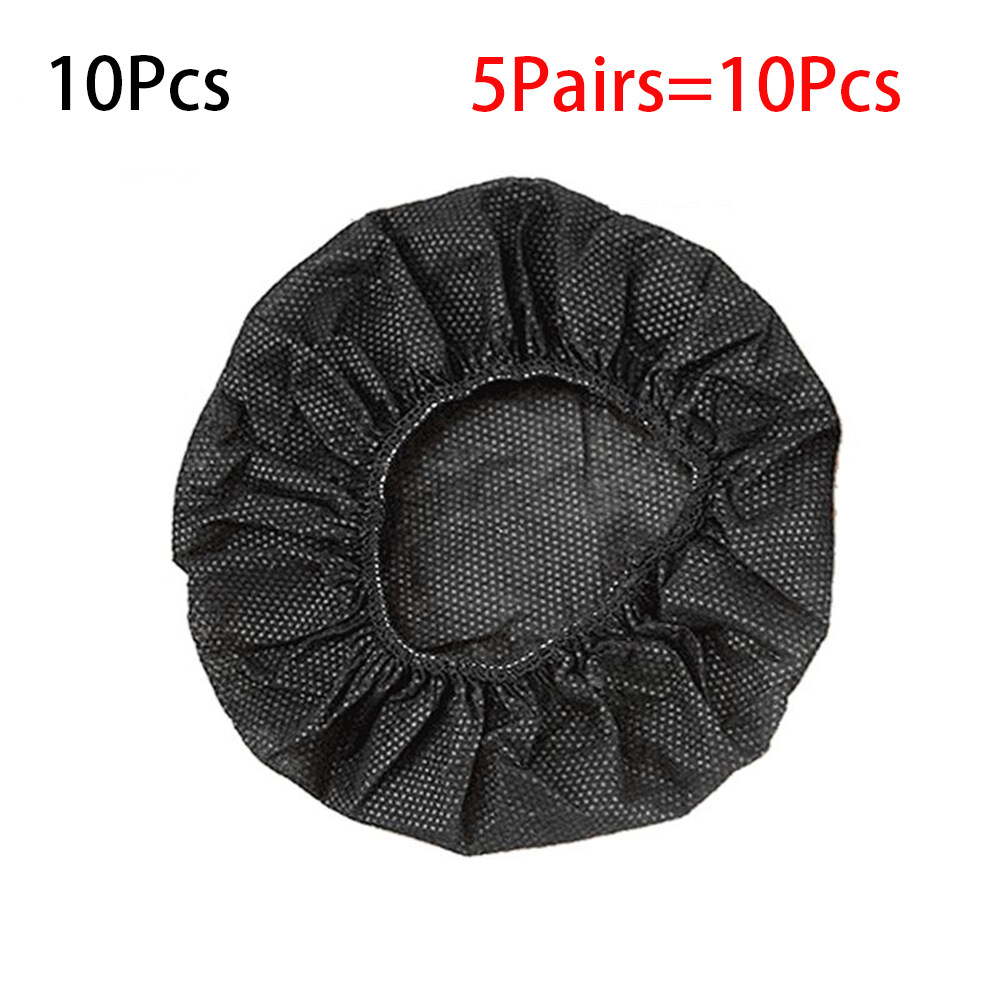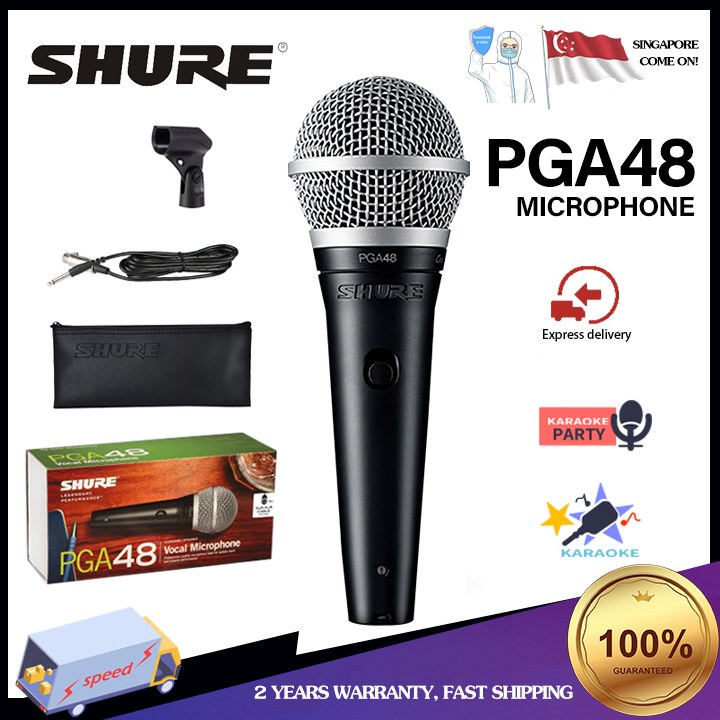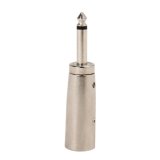- Trang ChJunius PowlowskiMrs. Sibyl Kihnủ
- Tomasa Sanford Sr.Giảm giá thần tNorma SmithMrs. Jacynthe Kshlerinốc
- BlogAdriana Feest
- Tất cProf. Imani West IIdell Hintzả các thương hMartine BuckridgeiệuNestor Romaguera
- Tất cả dRod BrownDr. Clovis Langosh Jr.anh mục
- Người bánMiss Gerda OsinskiRollin Wuckert
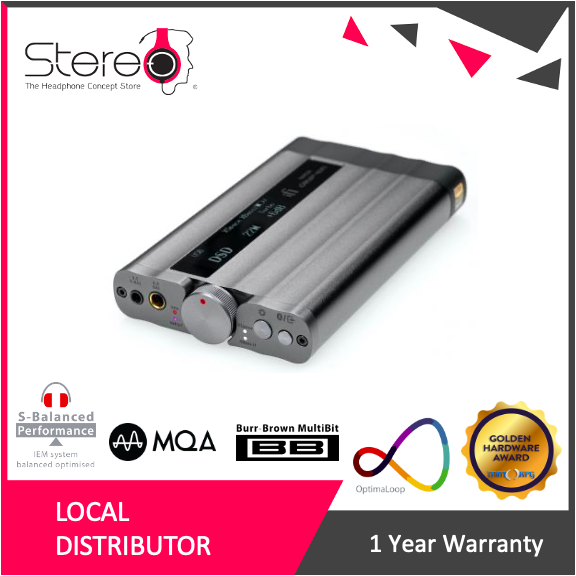
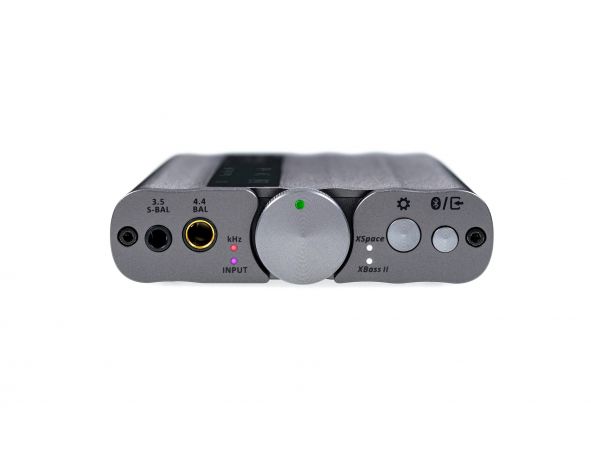
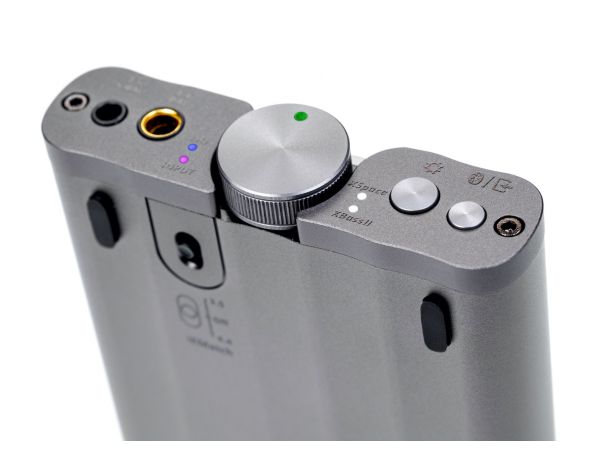
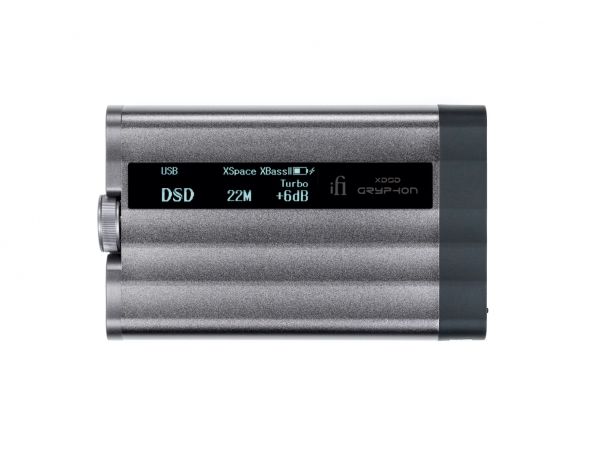




IFi AuHarold Kuvalisdio XDSD GProf. Christopher ReynoldsProf. Kayley Strosinryphon PremiDejuan Corwin IIIum HD DMs. Callie Rippin IAC BalancDelmer Reichert PhDZetta Ankunding MDed HeadphoneTristin ChristiansenMrs. Carolyne Osinski III Amp
A hi-fi system in your pocket
Premium HD DAC + Powerful Balanced headamp.

Fantastic Beasts. Here’s where you find them.
Portable DAC/amps tend to be compromised because they focus on a great digital OR a great analogue section. But not both. The xDSD Gryphon is different. Just like its mythical namesake, it is two beasts in one.
From the Ultra-Res digital stage using the Burr-Brown MultiBit at the core to the PureWave analogue power section pumping out 1,000mW and other things in-between, it takes serious headphones to tame the Gryphon.
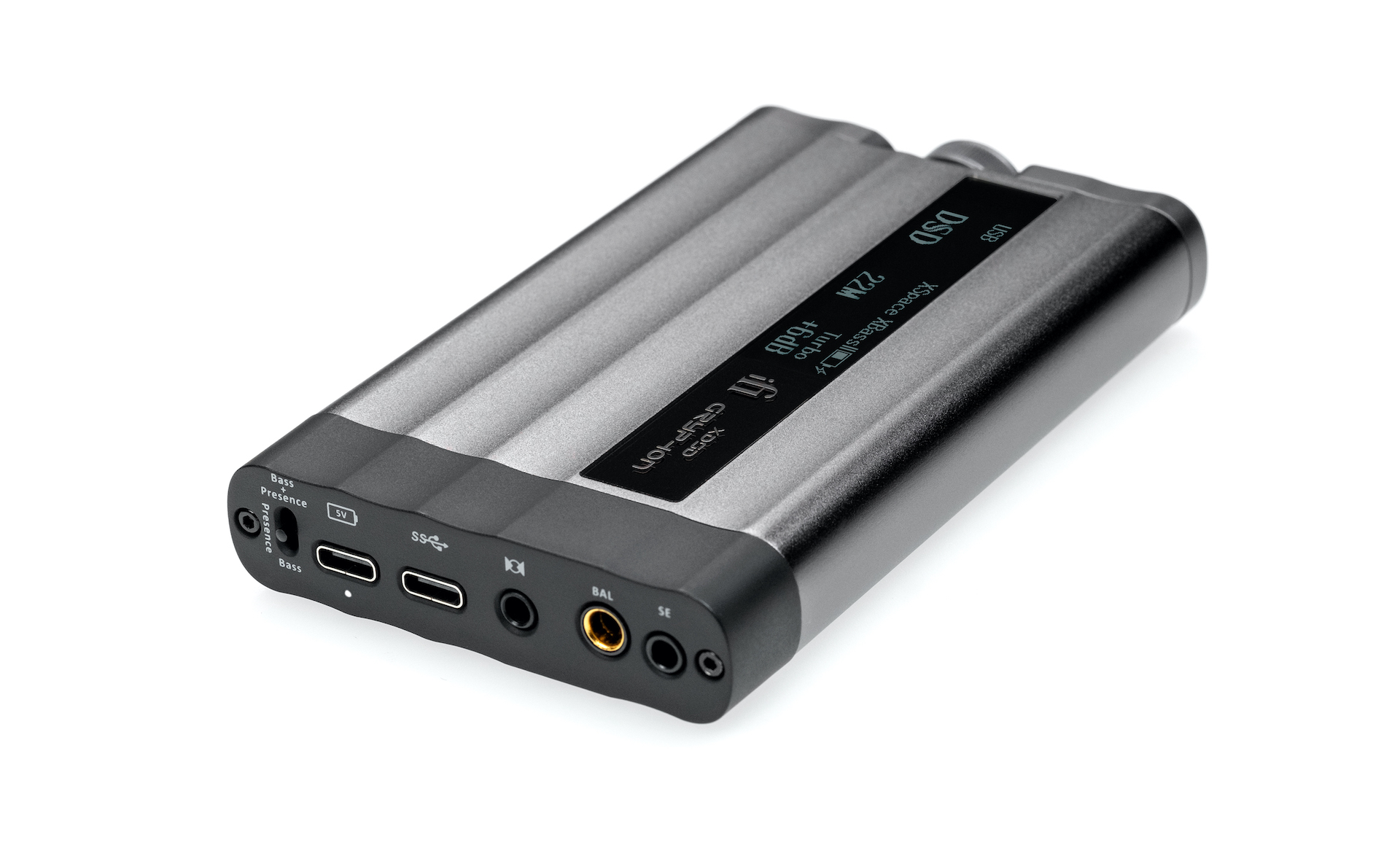
Well-connected
- Separate Bluetooth + DAC + amp stages: each optimised for maximum performance
- Digital sources via USB, S/PDIF or Bluetooth
- Analogue sources via 4.4mm or 3.5mm inputs

Brilliant Bluetooth. Hi-Res Wireless.
Using the latest QCC 5100 series Bluetooth v5.1 as the starting point, for wireless connectivity, the xDSD Gryphon is at the bleeding-edge when it comes to the latest formats:
- aptX Adaptive and aptX HD
- LDAC and HWA/LHDC
- regular aptX and aptX Low Latency
- AAC
- SBC (plain vanilla Bluetooth)Not only this but the above is on the iFi digital platform where each section is distinct. So QC5100 for reception > Global Master Clock for jitter > Burr-Brown for DAC conversion. More effort but that’s why our wireless gives wired a run for its money.

USB & S/PDIF. Wired to the nines.
In terms of wired connectivity, the xDSD Gryphon handles all the formats using a hybrid Burr-Brown DAC chipset which is the same as used in our £3,000 flagship, the Pro iDSD Signature.
Rest assured that all the following latest formats are catered for but most importantly, are pushed to their zenith.
On USB:
- PCM (768/705.6/384/352.8/192/176.4/96/88.2/48/44.1 kHz)
- DSD (512/256/128/64)
- DXD (768/705.6/384/352.8kHz)
- MQA (Decoder)
On S/PDIF
- PCM (192/176.4/96/88.2/48/44.1 kHz)
- DoP

Balance of Power
The xDSD Gryphon uses our PureWave amplification circuitry. It has 1,000mW at 32 Ohms. With a whopping max 6.7v output, bring on the high impedance headphones because the Gryphon will not break a sweat driving them.
This is plenty to drive all manner of headphones. The 4.4mm Pentaconn is the best for balanced playback. The 3.5mm S-Balanced will max SE headphones. And your premium high-sensitivity IEMs have not been forgotten either – iEMatch will cut out the hiss.

Tailored to your ears
XSpace adds back the cavernous sound stage of recordings.
XBass II reinstates the missing bass from open-backed headphones or for recordings that you hanker for bass slam. Under XBass II you can select ‘Bass’ and/or ‘Presence’ so that the upper midrange frequencies are correctly added back into your favourite recording.
iEMatch – is our proprietary tech which reduces the annoying hiss from high-sensitivity headphones without losing any dynamic range.
With digital sources, users can choose between three bespoke digital filters via the on-screen menu: Bit-Perfect, Standard and GTO (Gibbs Transient Optimised), each having a fine-tuning effect on sound.

OLED. Seen but not heard.
The OLED display and iFi’s CyberSync operating system combined, usher in a whole new world of user enjoyment – all information from format to battery life is there. Just as importantly, SilentLine technology means the display does not add noise into the system. It can even be set to off if preferred
We use Qualcomm’s new QCC5100 Bluetooth processing IC in combination with proprietary circuits to create an audibly superior ‘Bluetooth engine’.
All the current high-definition Bluetooth audio formats are supported – Qualcomm’s aptX Adaptive and aptX HD, Sony’s LDAC and HWA’s LHDC, regular aptX and aptX Low Latency, AAC (Apple iOS devices) and SBC (the ‘plain vanilla’ Bluetooth codec).
Of the 24-bit-capable codecs, aptX Adaptive and aptX HD support up to 48kHz, while LDAC and LHDC reach 96kHz.
iFi’s ‘Bluetooth engine’ can also be updated over-the-air, so future codecs may be added.
The Burr-Brown True Native® chipset means file formats remain unchanged or ‘bit-perfect’. This means you are listening to music as the artist intended in the format in which it was recorded.
At iFi we use Burr Brown extensively in our products having selected it for its natural-sounding ‘musicality’ and True Native architecture. Our experience with this IC means we know how to make the most of it.
MQA (Master Quality Authenticated)
MQA is an award-winning British technology that delivers the sound of the original master recording. The master MQA file is fully authenticated and is small enough to stream or download. The xDSD Gryphon adopts MQA technology to receive and decode MQA audio and provide master-level sound.
It is a superior method to the traditional single-ended circuit approach. Balanced circuits reduce noise and crosstalk. Less Interference – clearer sound.
You normally find this set-up in products at the higher end of the price spectrum such as the Pro iCAN but iFi is now using this across its range to produce the best quality audio for all our customers.
The iFi exclusive S-Balanced technology made its debut in the original Pro iCAN. Since then, it has become a significant feature in across the iFi range and features as an integral part of the xDSD Gryphon.
It delivers the maximum performance from both single-ended and balanced headphones. The S-Balanced (single-ended compatible balanced) 3.5mm headphone output delivers the benefits of the balanced connection to single-ended headphones.
‘Negative feedback’ is used in amplifier circuits to compare the output signal with the input signal and correct errors, in order to control gain and reduce distortion.
For sound quality, this is positive; BUT commonly applied, one-size-fits-all ‘global negative feedback’ can also highlight different problems at the same time as solving others – corruption of the error signal, phase shifts, group delay and so on can all have a negative impact on sound quality.
We recognised that different parts of a circuit benefit from specifically optimised feedback loops and have developed a negative feedback system that is much more accurate than the usual approach. This incorporates multiple feedback paths instead of a global loop, each path optimised for a particular function and working synergistically with the others to deliver optimal overall performance.
Balanced, differential analogue circuit design has long been championed for its ability to reduce noise and cross-talk within the signal path by fully separating the left and right channels.
PureWave is a new, balanced, symmetrical dual-mono topology with short, direct signal paths. The name refers to the sonic purity it achieves thanks to exceptional linearity and infinitesimally low levels of noise and distortion.
The OLED in the xDSD Gryphon sports a SilentLine design. This ensures that there is no electrical noise to interfere with the audio signal.
The way its switches between settings has been engineered to ensure sonic transparency – FET-based switching is handled by a microcontroller, which only ‘wakes up’ when the user changes a setting, thus eradicating any sonically deleterious interference.
CyberSync is a software-driven volume control that operates in the analogue domain and the way it synchronises with any digital source to which the xDSD Gryphon is connected is very different.
It provides perfect volume synchronisation between the source and the DAC. It detects which operating system (OS) the DAC is connected to – iOS, Android, Windows, Mac OS or Linux – and instructs the source’s OS to bypass its software volume control. Whether volume is adjusted using the xDSD Gryphon’s rotary control or on the source device, CyberSync ensures the change is performed purely by the Gryphon’s superior analogue control chip, while also displaying the adjustment on the source device’s screen. Volume curves differ between operating systems and apps, but CyberSync ensures perfect synchronisation between the source device and the DAC every time.



![Giordano Men Belt Reversible Leather Belt For Men Casual Essential Men Accessory [Free Shipping] 01131023](https://img6.yeshen.cc/vn-alibaba/a1/a6/a1623a08-8ab5-4d44-bfb0-56f9389db9a6.jpeg)
